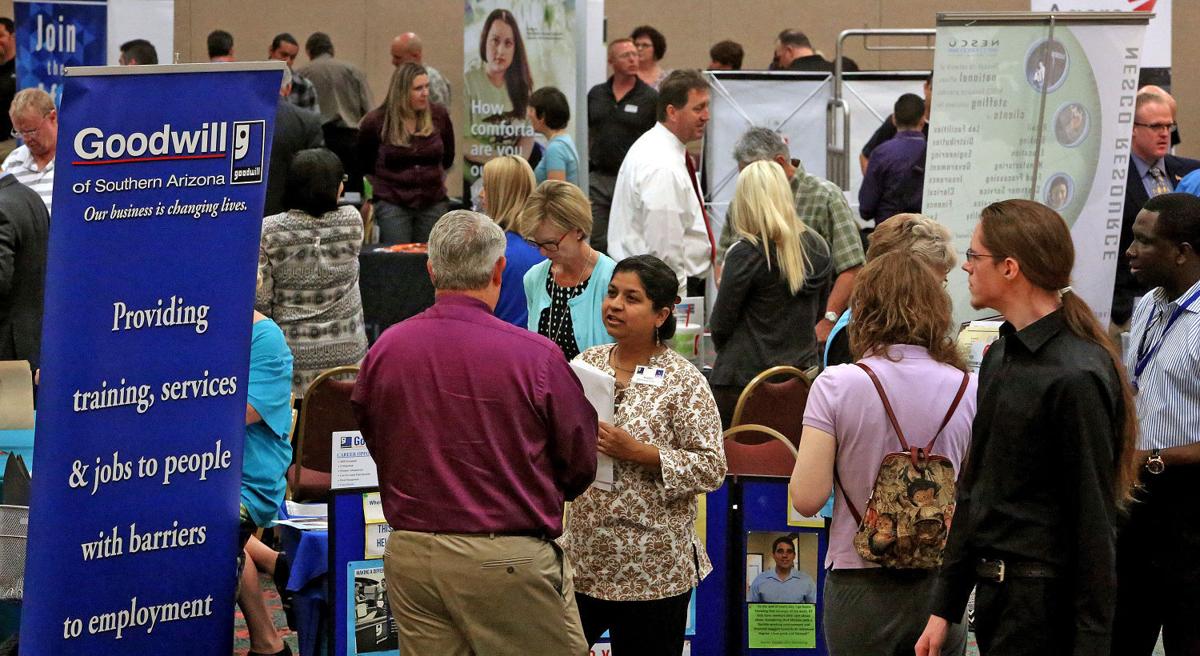PHOENIX — The state’s jobless rate is finally ticking down again after four straight months of gains.
New figures Thursday show a seasonally adjusted unemployment rate for August of 5.8 percent. That’s down two-tenths of a point from July, a figure that matched the August 2015 rate.
But it’s not because the economy is necessarily growing.
In fact, the private sector lost 1,500 jobs between July and August. That compares with the typical month-over-month gain for this time of year of 16,100.
Government did add 31,100 jobs. But virtually all of those are in public education, representing staffers in universities, community colleges and public schools who were in jobs like cafeteria and janitorial work where they are technically unemployed for the summer even though they expected to be hired back when the new school year began last month.
The unemployment picture is even more complex than that.
Arizona’s jobless rate is based on a household survey. Respondents are asked if they are working and, if not, if they are looking for work.
Doug Walls, research administrator for the Arizona Office of Economic Opportunity, said last month’s survey showed that fewer people were looking. So they’re not part of the labor force and they don’t count as “unemployed,” allowing the jobless rate to drop.
Walls said it’s “nothing to be concerned about,” and that the labor force size can fluctuate from month to month.
But the August figure is still fourth-tenths of a point higher than it was in April.
The state’s manufacturing sector showed continued weakness, with year-over-year employment now down by 400. The big loser in this category included firms that make computers and electronic parts.
Walls said at least part of this comes down to automation: Companies are able to produce as much with fewer people.
He said this isn’t just an Arizona phenomenon, with the United States losing 14,000 manufacturing jobs last month.
Overall, the survey of employers — separate from the household report — showed year-over-year job growth of 2.7 percent. While that’s far from the state’s historic trends, Walls described it as “steady and moderate growth.”
He also said it is in line with predictions his agency made late last year that the number of people working in Arizona in the first half of 2016 would increase by 2.8 percent.





